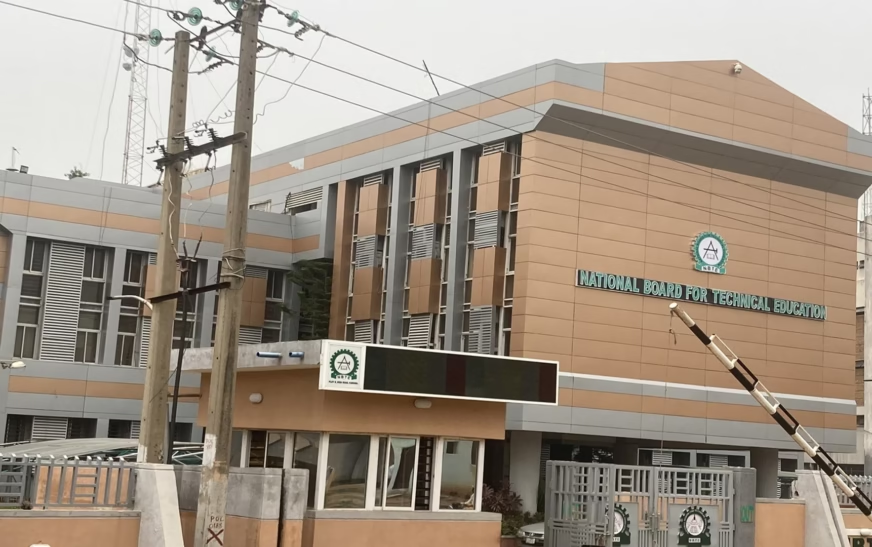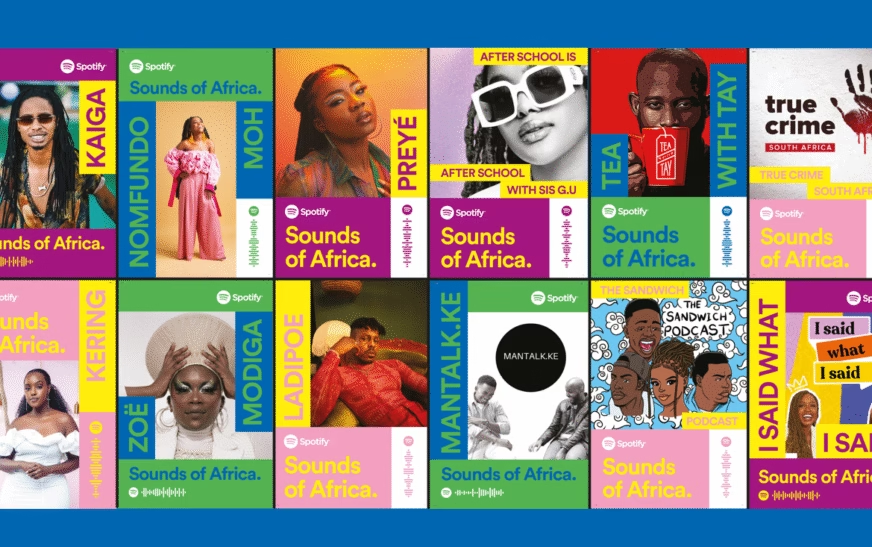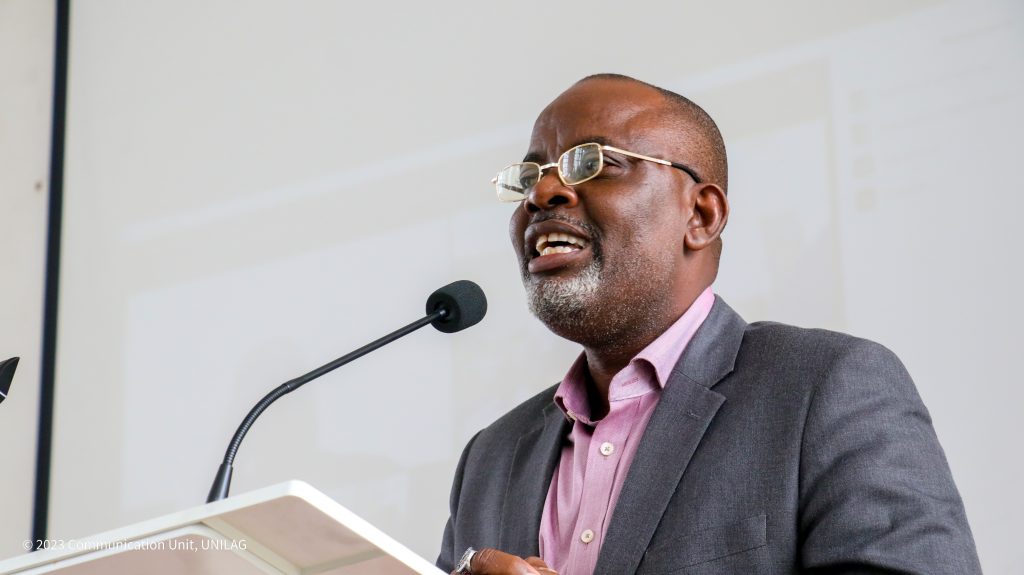In a continent often criticized for playing catch-up with the rest of the world, Nigeria has quietly made one of the boldest moves in its educational history. And if we are paying attention, this could be the turning point the country has been waiting for.
The Federal Government, through the National Board for Technical Education (NBTE), has introduced specialized Higher National Diploma (HND) programs in Artificial Intelligence, Cybersecurity, Software Engineering, and Networking—not in elite universities or expensive private schools, but across public polytechnics nationwide.
This is not business as usual. It is Nigeria rewriting its future.
For too long, technical education in Nigeria has operated in the shadows—underfunded, under-respected, and often outdated. But that’s changing.
This new curriculum is not about prestige. It is about power. The kind that comes when young people are trained to build the systems that will run tomorrow’s businesses, protect national infrastructure, and solve local problems with global technologies.
AI, cybersecurity, software engineering, networking—these are not buzzwords anymore. They are essential weapons in the war for relevance, prosperity, and sovereignty in the digital economy.
In 2025, we are no longer talking about preparing for the future. We are living in it. The Fourth Industrial Revolution is no longer a theory. It is already shaping how we learn, work, heal, buy, build, and secure our lives. And like it or not, countries that fail to invest in digital talent are already falling behind.
So when Nigeria says every polytechnic will now train students to become AI developers, ethical hackers, software engineers, and network architects, it is not just reform. It is a national strategy.
Here’s why this is a masterstroke.
- Over 100,000 polytechnic students annually will now have access to global digital skillsets previously reserved for tech elites
- With an estimated 80 million youth under age 25, Nigeria has the largest pipeline of untapped tech talent on the continent
- Global cybersecurity jobs are expected to exceed 3.5 million vacancies in the next two years. Nigeria now has a shot at filling that gap
- AI and software development are expected to contribute over $15 trillion to global GDP by 2030, and now Nigeria is stepping into that conversation
This is the kind of reform that built the digital powerhouses of Southeast Asia. It is the same playbook that Singapore, India, and South Korea used to turn skills into GDP and education into global leverage.
The NBTE is not stopping at curriculum changes. It has also launched an AI-powered digital accreditation platform, bringing much-needed transparency and efficiency into program validation.
This system allows polytechnics to upload data on faculty, labs, facilities, and materials in real time—replacing the outdated site-inspection bureaucracy that often slowed innovation. With this platform, Nigeria is using technology to regulate technology education. That is what modern governance should look like.
To deliver this vision, over 500 computer science lecturers across Nigeria are being trained under a partnership with Cisco Academy—one of the world’s most respected tech training institutions. They are learning how to teach AI, cybersecurity, software design, and network configuration with modern tools, real-world use cases, and global certification standards.
Because a great program is only as good as the people teaching it.
This is not just a policy. It is a system-wide redesign.
The global tech industry is not waiting for Africa. But for once, it seems Nigeria is not waiting either. These programs could unlock:
- Local innovation by empowering youth to build solutions instead of importing them
- Digital sovereignty by training cybersecurity professionals to defend national infrastructure
- Start-up readiness by producing coders, product engineers, and AI analysts that global firms can hire or partner with
- Global competitiveness by turning Nigerian polytechnics into centers of excellence rather than second-class institutions
What would happen if Nigeria became known not just for exporting crude oil and music—but for exporting code, cloud solutions, and cyber-defenders?
What would happen if Lagos, Port Harcourt, Kano, and Ibadan became training grounds for the next generation of African technologists?
This is the right path. There’s no other way to say it. Nigeria is finally doing what smart nations do—equipping its youth for the jobs of now and the economy of tomorrow.
But execution matters.
Will these programs get the funding they need? Will polytechnics receive ongoing faculty training, modern equipment, reliable internet, and industry mentorship? Will private sector players like Flutterwave, Andela, and MainOne get involved and offer internships, mentorship, and employment pipelines?
Will parents stop treating polytechnic education as “Plan B”? Will government stop treating it as a footnote?
And will young Nigerians realize that what’s now on offer is not just another diploma—but a passport into the global tech economy?
Nigeria has just fired a starting gun in the race for digital relevance. It is building from the base, not the top. It is investing in people, not press releases. And it is proving that leadership is not about waiting for perfect conditions—it is about bold moves when they matter most.
So the question now is not whether Nigeria is ready for the future.
The real question is—is the future ready for what Nigeria is about to unleash?










